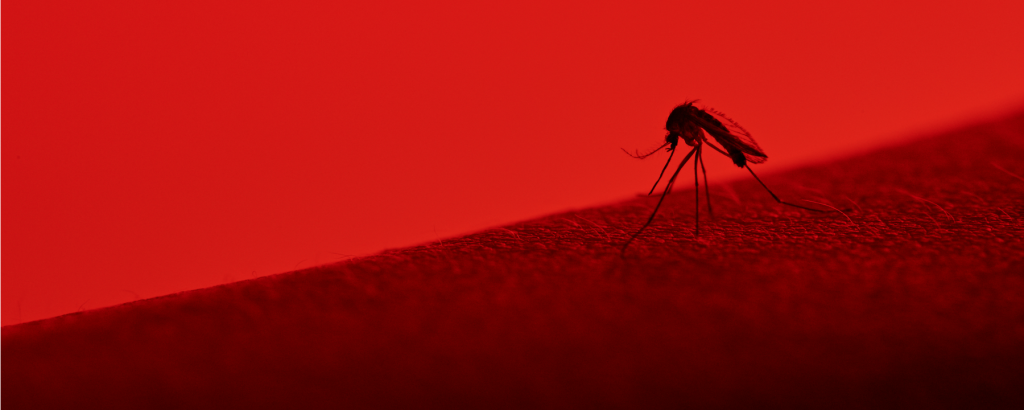The mosquito-borne Zika virus that recently spread rapidly throughout the Americas shares many characteristics with another virus: dengue. Both are flaviviruses, which are enveloped, sphere-shape virions that are typically transmitted by mosquitos and ticks. Due to their structural similarities and because the latest Zika outbreak appeared in dengue-endemic regions, scientists have been investigating whether antibodies against one might be able to react to the other—and whether these interactions could either worsen or buffer against infections.
Researchers had previously demonstrated a phenomenon known as antibody-dependent enhancement (ADE)—where, at certain concentrations, antibodies against one virus can heighten the effects of another—between different types of dengue viruses. This suggested that antibodies against other flaviviruses might possess similar features. “When the recent Zika outbreak occurred, one of the major questions scientists had was whether or not the enhancement effect could also impact Zika infections,” says Jean Lim, a virologist at the Icahn School of Medicine at Mount Sinai in New York. “Because of the potential for Zika to cause damage during pregnancy, this was—and still is—an important question.”
Early in vitro studies confirmed that dengue antibodies extracted from human blood cross-reacted with Zika, and some suggested that they could strength infection. “There were a lot of people who hypothesized that, perhaps the reason that Zika is causing microcephaly was because you were getting enhancement,” Aubree Gordon, an epidemiologist at the University of Michigan, tells The Scientist. “So there was a lot of interest within the entire field to look at if you see protection or enhancement.”
In animal models, scientists have reported that dengue antibodies can both neutralize and enhance Zika. While the latter observation has raised concerns about heightened Zika infections in regions where dengue is common, the epidemiologic data have been more reassuring. To date, large, human cohort investigations have only found protective effects against Zika. Still, some scientists say that it is possible that augmentation may occur—and recent experimental studies in human tissues and mice suggest that this may happen in pregnant females.
See “Zika and Dengue Immunity: A Complex Relationship”
Dengue antibodies: friend or foe?
Earlier this year, two long-term assessments of populations in Central and South America reported that dengue immunity was protective against subsequent Zika infections. One study, published in Science, examined a cohort of 1,453 residents in Brazil and found that having dengue antibodies prior to the Zika outbreak was tied to a decreased risk for Zika infection and fewer symptoms in those who contracted the disease. The other, published in PLOS Medicine, followed a group of approximately 3,700 children in Nicaragua, and also discovered that dengue immunity protected against symptoms of Zika, although this study did not find a reduction in total infections….







